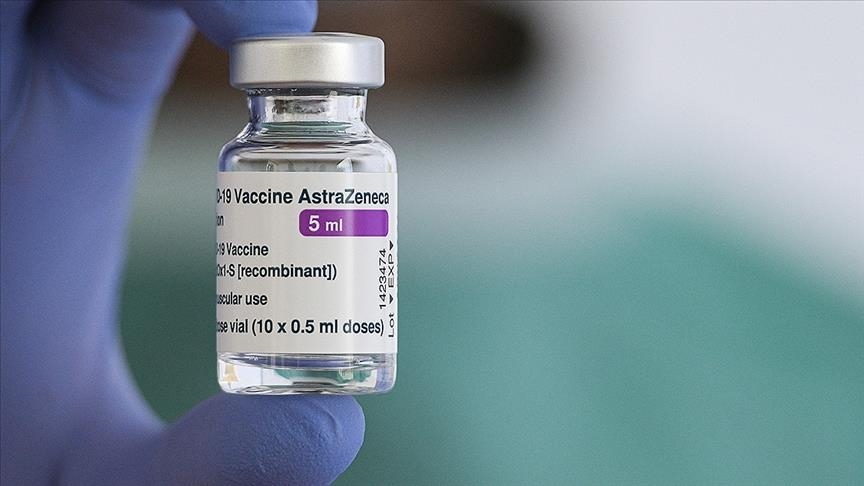On Monday, Alberta was the first province to stop using AstraZeneca for first doses.
The Canadian Prime Minister Justin Trudeau on Tuesday continued to urge people to take the first shot they are offered and said all vaccines distributed in Canada are safe. Following these comments Ontario announced they will stop the use of the Oxford-AstraZeneca COVID-19 vaccine for first doses.
They were not able to say whether the 853,885 Ontarians who already got their first shot of AstraZeneca will receive a second dose of the same vaccine or something different. This despite recommendations of manaufacturers that vaccines not be mixed doses.
Dr. Williams said that those who got their first shot of AstraZeneca should not feel like they made a mistake.
“Based on the much higher risk of COVID-19 infection recently observed in Ontario, including hospitalization and serious illness and death, we maintain that those who received their first dose of the AstraZeneca vaccine did absolutely the right thing to prevent illness and to protect their families, loved ones and communities,” Dr. Williams said.
According to Britain’s drug regulator, the incidence of the syndrome, called vaccine-induced immune thrombotic thrombocytopenia (VITT), is about one in 100,000. Studies in Europe put the incidence at one in 26,000.
The Public Health Agency of Canada did not provide an updated national rate on Tuesday. As of April 28, the rate of VITT in Canada was one case for every 100,000 people vaccinated with AstraZeneca.
On Monday the agency said 12 cases of VITT have been reported in Canada, and three people have died. That's a 30% increase but still one in roughly 70,000. The pause is cautionary, to see if the numbers rise over time.
Ontario Chief Medical Officer of Health David Williams said the province was acting out of “an abundance of caution” because of an increase in severe blood clots linked to the vaccine reported in just the past few days. Officials said the increase has also been observed in other countries, as more of the vaccine had rolled out and more side effects have been reported.
Cases of the syndrome have been reported between four and 28 days after vaccination. Public-health officials say individuals should seek immediate medical help if they develop symptoms including shortness of breath, chest pain, persistent abdominal pain, and severe or worsening headaches and blurred vision.
Now we wait and see if this will delay the reopening of business in Canada, since this vaccine has been given to nearly the same number of people who received the Moderna vaccine and a fifth of those who received the Pfizer vaccine. Canada is expected to receive over 1 million doses of the AztraZeneca vaccine by the end of June. What happens to those and the distribution plan but the government website listing Vaccines for COVID-19: Shipments and deliveries does not show future distribution plans for the AZ vaccine.
“We can’t ease public-health restrictions until cases are way down,” Mr. Trudeau said Tuesday. “As Dr. Tam said, at least 75 per cent of Canadians need to have received their first shots.”










